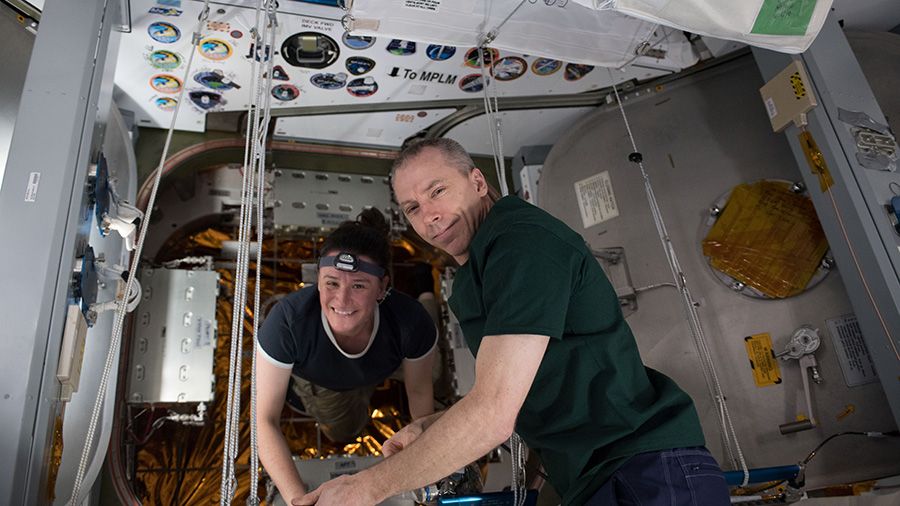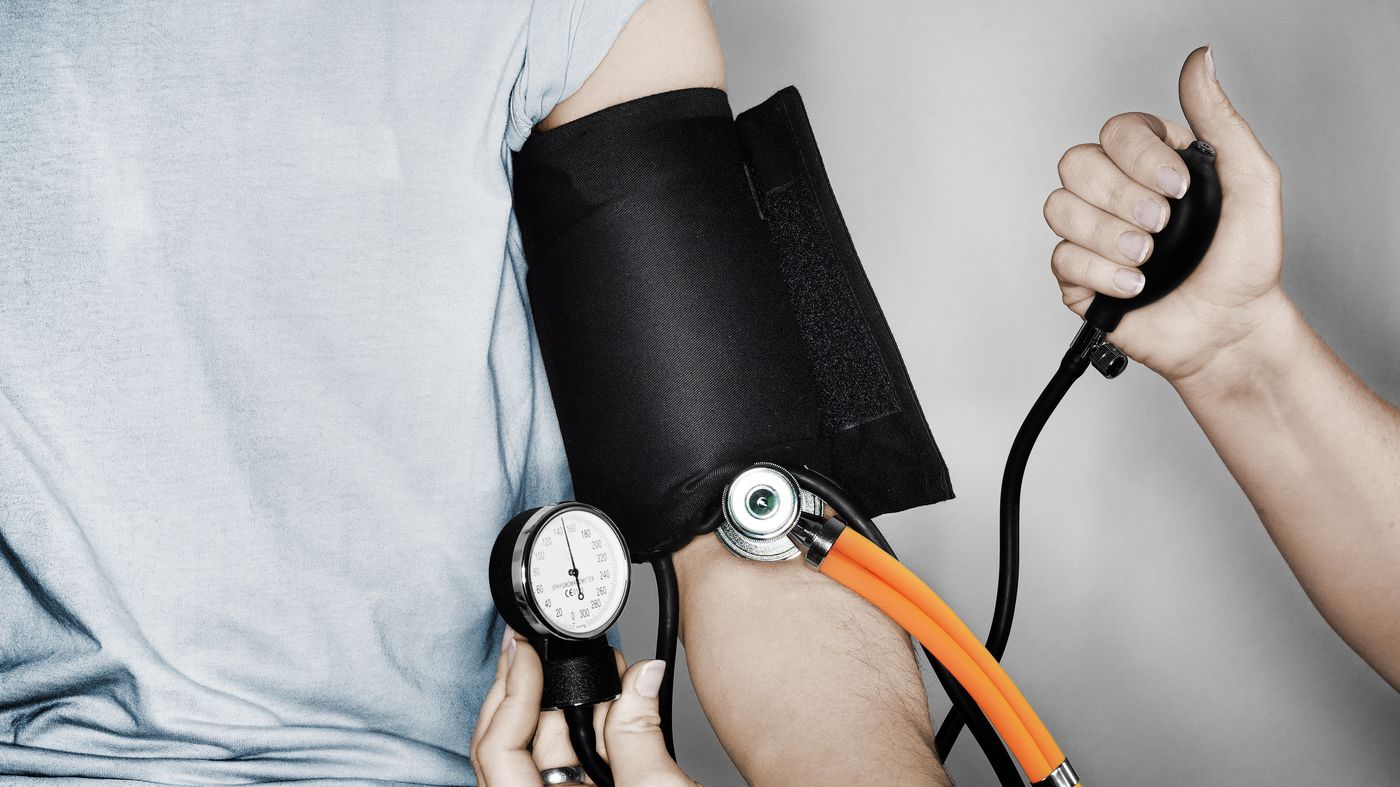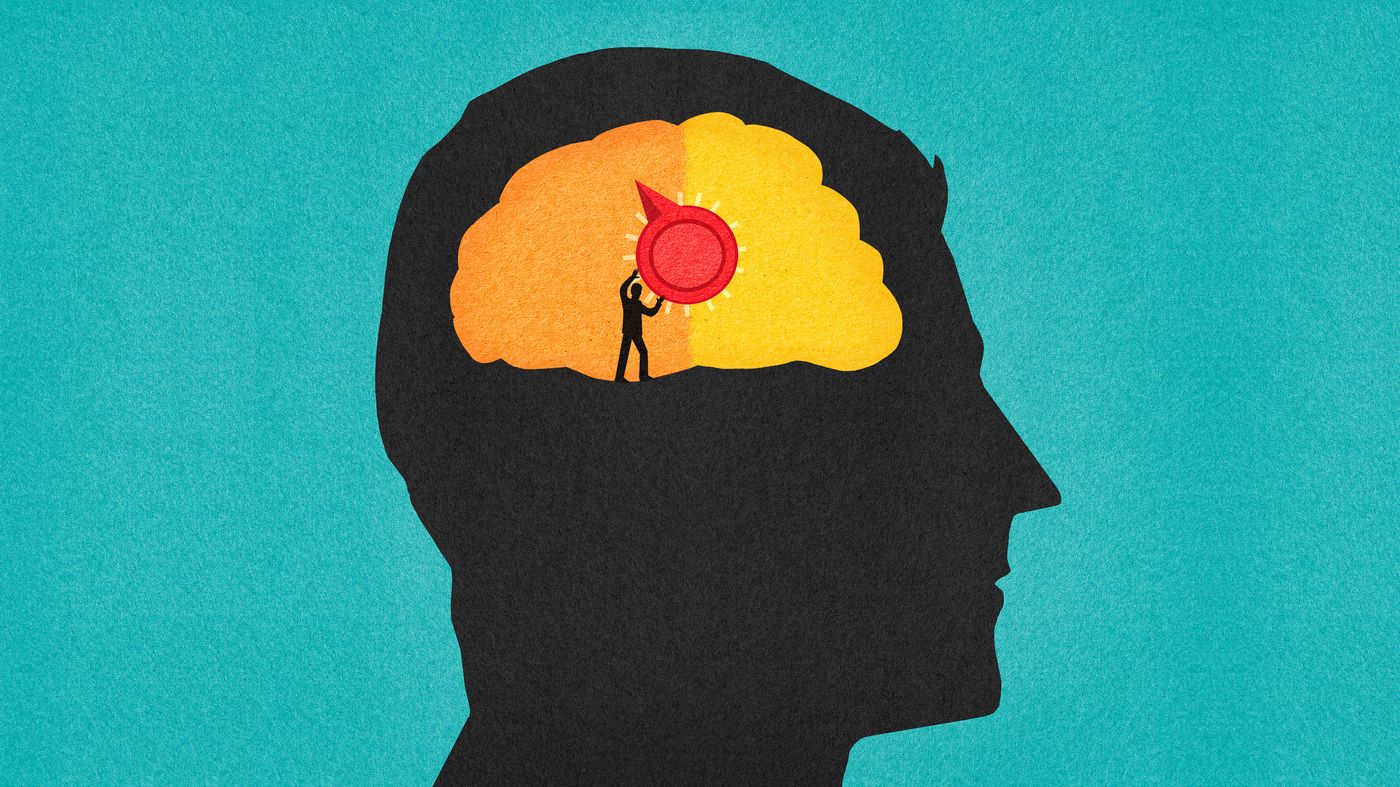Archive for the ‘health’ category: Page 341
Jul 28, 2018
AI & Technology Taking Over White Collar Jobs
Posted by Dave Holt in categories: economics, employment, health, robotics/AI

This podcast is from my article called, The U.S. Economy is Built on a Foundation of Sand.
While many Economists, are saying that the U.S. economy looks great and has a forward momentum, I’m going to take a different tone. Not a pessimistic tone but a realistic view based upon facts and my futurist intuitive insight.
Continue reading “AI & Technology Taking Over White Collar Jobs” »

Harvesting plants in microgravity with resident farmer, astronaut Ricky Arnold, studying tiny organisms and their big role in astronaut health and uncovering how the crew catches 💤’s aboard the International Space Station. For all this and more, watch the latest episode of NASA’s Space to Ground:
Jul 25, 2018
Marines Who Fired Rocket Launchers Now Worry About Their Brains
Posted by Genevieve Klien in categories: health, military, neuroscience
Brain Injuries And Shoulder-Launched Assault Weapons : Shots — Health News The military is trying to figure out whether troops can sustain brain injuries from firing certain powerful weapons. A pair of Marines who used to shoot these weapons think they already know.
Jul 24, 2018
A fight for sight that we all need to join
Posted by Genevieve Klien in category: health
Betty Boothroyd, former Speaker of the House of Commons, calls for more research funding for eye health
Letters.
Jul 21, 2018
Online portal of thousands of clinical trials could aid disease research
Posted by Derick Lee in categories: biotech/medical, health, policy
Vivli, which spun out of a policy think tank at Harvard University–affiliated Brigham and Women’s Hospital in Boston, is part of a push to encourage drug developers to share trial data—even negative results, findings that show a treatment has no benefit. Companies seeking U.S. regulatory approval for a drug, as well as investigators funded by the National Institutes of Health, must post limited, summary results on ClinicalTrials.gov. But many researchers and policy analysts believe sharing detailed raw data on individual patients, stripped of identifying information, would be valuable. Researchers could confirm that a drug works, look for side effects, or explore new questions.
Vivli aims to ease sharing of anonymized clinical studies.
Jul 19, 2018
Mid-week Cancer Study and Emergency Drill Fill Station Schedule
Posted by Michael Lance in categories: biotech/medical, health, space
Cancer and rodent studies were on the crew’s timeline today to help doctors and scientists improve the health of humans in space and on Earth. The crew also conducted an emergency drill aboard the International Space Station.
Flight Engineer Serena Auñón-Chancellor examined endothelial cells through a microscope for the AngieX Cancer Therapy study. The new cancer research seeks to test a safer, more effective treatment that targets tumor cells and blood vessels. Commander Drew Feustel partnered with astronaut Alexander Gerst and checked on mice being observed for the Rodent Research-7 (RR-7) experiment. RR-7 is exploring how microgravity impacts microbes living inside organisms.
Astronaut Ricky Arnold and Gerst collected and stowed their blood samples for a pair of ongoing human research studies. Arnold went on to work a series of student investigations dubbed NanoRacks Module-9 exploring a variety of topics including botany, biology and physics.
Continue reading “Mid-week Cancer Study and Emergency Drill Fill Station Schedule” »
Jul 18, 2018
Urbanization and changes to climate could pack a one-two punch for watersheds in the future, study finds
Posted by Bill Kemp in categories: climatology, economics, health, sustainability
Watersheds channel water from streams to oceans, and more than $450 billion in food, manufactured goods and other economic factors depend on them, according to the Environmental Protection Agency. Watersheds also are crucial to the health of surrounding ecosystems and communities. Now, researchers from the University of Missouri have found that climatic changes and urban development, when working in tandem, could have profound effects on watersheds by midcentury.
“In some cases, the effects of urban development and climatic changes on hydrologic conditions can be intensified when both stressors are considered,” said Michael Sunde, a researcher in MU’s School of Natural Resources. “In spring, for example, we found that both factors could increase runoff, which, in turn, can send more pollutants into streams, increase erosion and cause more serious flooding.”
Sunde (pronounced “Soond”) and his colleagues used several models, including land cover change, hydrologic and climate model projections to identify potential changes in a Missouri watershed for the mid-21st century. Individually, increased urbanization and climate change were shown to have different impacts on the watershed. Researchers found that urban development is likely to increase runoff and limit the amount of water absorbed into the ground as groundwater. Evaporation of water from soil and other surfaces and consumptive water use by plants is also expected to decrease due to urbanization. Conversely, projected temperature increases and changing precipitation patterns would cause decreases to runoff and increased evaporation and plant transpiration. However, climate impacts were shown to vary widely, depending on the season and direction of precipitation changes projected by climate models.
Jul 16, 2018
Worried About Dementia? You Might Want to Check Your Blood Pressure
Posted by Genevieve Klien in categories: biotech/medical, health, neuroscience
Keeping Blood Pressure Down Can Help Lower Dementia Risk : Shots — Health News A new public health campaign says controlling high blood pressure is among the best ways to keep your brain sharp. The neurologist in charge aims to lead by example.
Jul 16, 2018
Heat Making You Lethargic? Research Shows It Can Slow Your Brain, Too
Posted by Genevieve Klien in categories: health, mathematics, neuroscience
Summer Heat Waves Can Slow Our Thinking : Shots — Health News Hot weather can influence cognitive performance, according to new research. Young adults living in non-air-conditioned dorms during a heat wave performed worse on math and attention tests.














